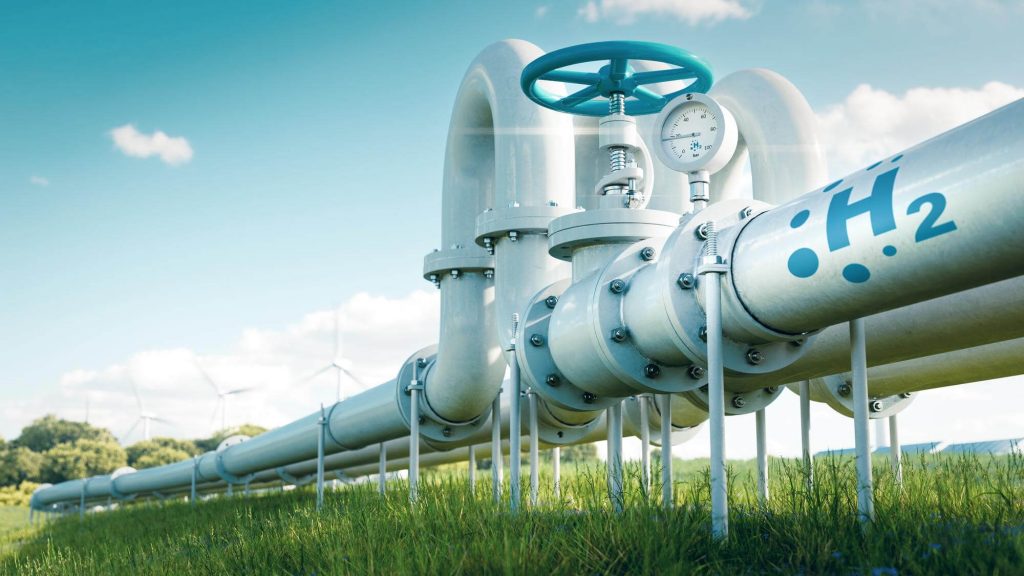Resources > Our Business
Green hydrogen to fuel sustainable aviation, steelmaking, and shipping: Masdar and Dutch partners announce partnership

Masdar, a UAE-based renewable energy developer, announced that it had signed an agreement with Dutch companies, including Port of Amsterdam, SkyNRG, Evos Amsterdam, and Zenith Energy, to explore the development of a green hydrogen supply chain from Abu Dhabi to Amsterdam.
According to ESG Today’s news, the partners will focus on producing green hydrogen in Abu Dhabi for export to the Netherlands, targeting delivery to sectors such as sustainable aviation fuel, steelmaking, and shipping bunkering.
The statistics from Our World In Data reveal that the transportation industry is a significant contributor to global greenhouse gas emissions, accounting for 16% of the total GHGs. The energy industry also plays a significant role, with energy-related emissions from the manufacturing of iron and steel responsible for 7.2% of greenhouse gases. However, the development of a green hydrogen supply chain has the potential to change these numbers and significantly reduce the emissions of these industries.
The hydrogen production market is projected to reach USD 7,314 million by 2027, growing at a CAGR of 61.0%
Currently, annual hydrogen production stands at approximately 90 million metric tons. While the majority of hydrogen is currently extracted using fossil fuels, the possibility of developing clean hydrogen capacity is seen as a crucial step in the transition to a cleaner energy future. Hydrogen is viewed as one of the key building blocks of this transition, and its potential to decarbonize industries with difficult-to-abate emissions is especially relevant in light of the limitations of renewable energies in these contexts.
The partnership aims to explore several hydrogen transportation methods, focusing on liquid organic hydrogen carriers and liquid hydrogen. By utilizing these advanced technologies, the partnership hopes to establish a more efficient and cost-effective supply chain for green hydrogen.
The agreement follows the launch of Masdar’s green hydrogen business unit, with a goal to achieve 1 million tonnes of green hydrogen production and 100 GW of renewable energy capacity by 2030. The partners see this as a major step towards achieving their goals of decarbonizing the transportation and industrial sectors, which are significant contributors to global greenhouse gas emissions.



